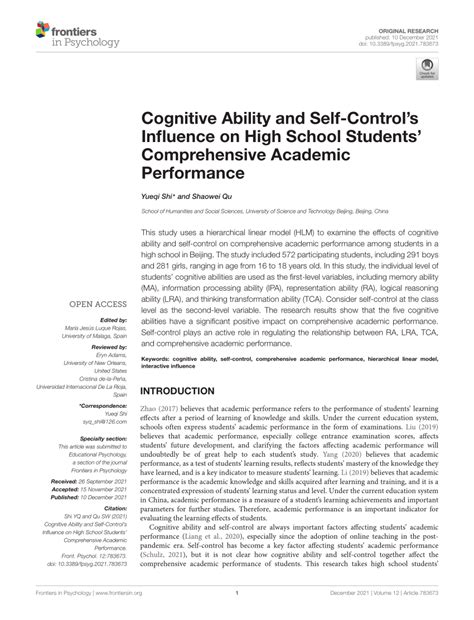Introduction

High school can be a challenging and transformative time in a student’s life. With increased academic demands and the pressures of extracurricular activities, it is more important than ever for students to develop effective study habits and organizational strategies to succeed. This comprehensive guide will provide high school students with actionable notes, tips, and resources to help them navigate the academic landscape effectively.
Time Management and Organization
- Plan ahead: Develop a weekly schedule that allocates specific time slots for studying, homework, extracurricular activities, and personal time.
- Prioritize tasks: Use the Eisenhower Matrix to categorize tasks based on urgency and importance, focusing on completing the most critical ones first.
- Break down large tasks: Divide overwhelming assignments into smaller, more manageable chunks to make them less daunting.
- Eliminate distractions: Create a study space free from distractions such as social media, television, and noise.
- Utilize technology: Use apps or software to set reminders, create to-do lists, and stay organized.
Study Techniques
- Active reading: Engage with texts by highlighting, annotating, and summarizing key points.
- Spaced repetition: Review material at increasing intervals to strengthen memory retention.
- Mnemonic devices: Use creative techniques such as acronyms, rhymes, or images to recall information.
- Study groups: Collaborate with classmates to discuss concepts, ask questions, and teach each other.
- Practice testing: Take practice quizzes and tests to identify areas of weakness and improve understanding.
Note-Taking
- Choose the right system: Experiment with different note-taking methods such as Cornell Notes, Outline Notes, or Mind Maps to find the one that works best for you.
- Be selective: Focus on capturing essential concepts, keywords, and examples rather than transcribing everything verbatim.
- Organize your notes: Use headings, subheadings, and color-coding to create a logical structure for your notes.
- Review your notes regularly: Set aside time to revisit your notes and reinforce your understanding.
- Seek clarification: Don’t hesitate to ask your teacher or classmates for clarification if you don’t understand something.
Avoiding Procrastination
- Identify your triggers: Understand what situations or feelings lead to procrastination for you.
- Set realistic goals: Break down large tasks into smaller, more manageable chunks to make them feel less overwhelming.
- Reward yourself: Establish small rewards for completing tasks to stay motivated.
- Eliminate distractions: Create a distraction-free study environment and use technology to block out distracting websites and apps.
- Seek support: Talk to your teachers, parents, or friends if you’re struggling with procrastination and need support.
Mental Health and Well-being
In addition to academic strategies, it is crucial for high school students to prioritize their mental health and well-being.
- Get enough sleep: Aim for 8-10 hours of sleep each night to support cognitive function.
- Exercise regularly: Physical activity can reduce stress and improve mood.
- Connect with others: Spend time with friends and family, and talk to trusted adults about any concerns you may have.
- Practice mindfulness: Engage in activities such as meditation or deep breathing exercises to reduce stress and improve focus.
- Seek help when needed: Don’t hesitate to reach out for professional help from a therapist or counselor if you’re experiencing significant distress or mental health challenges.
Resources and Support
- Teachers: Utilize your teachers as valuable resources for academic support and guidance.
- Counselors: School counselors can provide guidance on academic planning, career exploration, and personal well-being.
- Tutors: Consider seeking support from tutors if you need additional assistance in specific subjects.
- Online resources: Explore websites such as Khan Academy, Coursera, and TED-Ed for supplemental learning materials and videos.
- Libraries: Public and school libraries offer access to a wealth of resources, including books, databases, and online learning platforms.
Conclusion
High school students can achieve academic success by developing effective study habits, time management strategies, and organizational techniques. By implementing the tips and strategies outlined in this guide, students can overcome the challenges of high school and lay a strong foundation for their future academic and personal endeavors. Remember, success is not only about achieving high grades but also about developing a growth mindset, seeking support when needed, and prioritizing their overall well-being.
